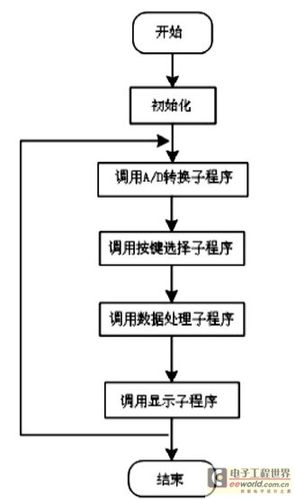Title: Revolutionizing Agriculture: The Evolving Landscape of Agricultural Technology
In recent decades, the agricultural sector has undergone a transformative journey propelled by advancements in technology. This evolution, often termed as the "Agricultural Technology System," encompasses a broad spectrum of innovations aimed at enhancing efficiency, productivity, sustainability, and resilience within farming practices. Let's delve into the components and impacts of this dynamic agricultural technology system.
Precision Agriculture:
Definition
: Precision agriculture refers to the use of technology to optimize agricultural practices with regard to variability in factors like soil, water, and crops.Key Technologies
:1.
Remote Sensing
: Utilizing satellites, drones, or aerial imagery to gather data on soil variation, crop health, and environmental conditions.2.
GPS Guidance Systems
: Precision planting, spraying, and harvesting through precise navigation systems.3.
Variable Rate Technology (VRT)
: Adjusting inputs such as fertilizers, pesticides, and irrigation according to specific needs across different areas of a field.Impact
: Precision agriculture minimizes resource wastage, improves crop yields, reduces environmental impact, and enhances farm profitability.
Biotechnology and Genetic Engineering:
Definition
: Biotechnology involves the use of living organisms or their systems to modify products or processes for specific agricultural purposes.Key Technologies
:1.
Genetically Modified Organisms (GMOs)
: Crop plants engineered to possess desirable traits such as pest resistance, drought tolerance, or enhanced nutritional content.2.
Gene Editing
: Tools like CRISPRCas9 enable precise alterations to the genetic makeup of crops, offering potential solutions to agricultural challenges.Impact
: Biotechnology enhances crop resilience, reduces dependence on chemical inputs, addresses food security concerns, and fosters sustainable agriculture practices.Digital Farming:
Definition
: Digital farming integrates datadriven technologies to optimize farm management practices and decisionmaking processes.Key Technologies
:1.
Farm Management Software
: Platforms for data collection, analysis, and decision support in areas like crop planning, inventory management, and financial tracking.2.
Internet of Things (IoT)
: Sensors and connected devices monitor soil moisture, weather conditions, equipment performance, and livestock health in realtime.3.
Blockchain
: Traceability and transparency in the agricultural supply chain, ensuring food safety and quality assurance.Impact
: Digital farming streamlines farm operations, enhances productivity, facilitates precision management, and enables datadriven decisionmaking.Sustainable Agriculture Practices:
Definition
: Sustainable agriculture focuses on meeting the needs of the present without compromising the ability of future generations to meet their own needs.Key Technologies
:1.
Conservation Agriculture
: Minimal soil disturbance, permanent soil cover, and diversified crop rotations to enhance soil health and reduce erosion.2.
Integrated Pest Management (IPM)
: Biological control, crop rotation, and use of pheromones to manage pests while minimizing chemical inputs.3.
Agroforestry
: Intercropping trees with crops to improve soil fertility, conserve water, sequester carbon, and provide additional income streams.Impact
: Sustainable agriculture promotes environmental stewardship, enhances resilience to climate change, preserves biodiversity, and ensures longterm food security.Conclusion:
The agricultural technology system represents a paradigm shift in how we approach food production, emphasizing innovation, efficiency, and sustainability. By harnessing the power of precision agriculture, biotechnology, digital farming, and sustainable practices, we can address the challenges of feeding a growing population while safeguarding our planet's resources for future generations. Embracing these technologies and fostering collaboration across the agricultural ecosystem are key to realizing a more resilient and prosperous future for agriculture.









